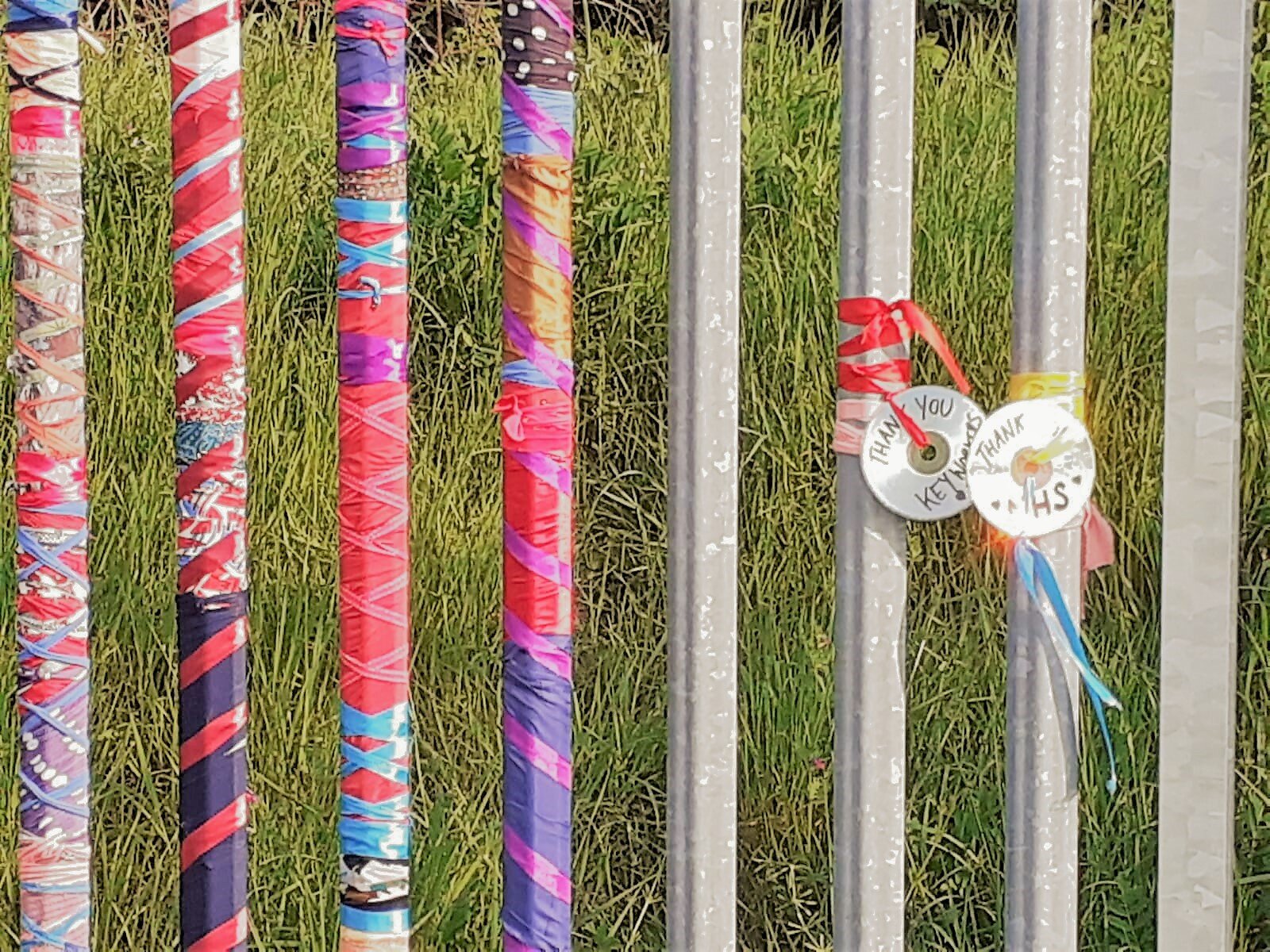Many raised an eyebrow when the UK Government outlined herd immunity as its initial approach to the coronavirus pandemic. Exposing a significant proportion of the population to COVID-19 in order to gain a theoretical immunity seemed risky especially considering BMJ analysis of the data from China, which revealed a 7.8% mortality in the over 80s at that time. As the virus spread through the UK in those frightful weeks the first stage of the government's ill-thought strategy seemed to be working, more of the population was indeed exposed to the virus and infection rates began to climb.
So did the death rate.
Two months after the UK government belatedly adopted the lockdown strategies favoured by the rest of the world, the toll of that initial complacency is evident and this is none more so than in the elderly population. Coronavirus has rampaged through UK care homes and the death toll during these past few weeks has been well above the past five year average. The figures make for shocking reading with at least a quarter of all coronavirus deaths from care home residents in England and Wales. Bearing in mind the UK has the unenviable title of having the second highest corona death toll in the world, the numbers of care home residents that have died is in the many thousands with at least 12 526 care home residents having the virus listed as a cause on death certificates. In all likelihood that number is far higher given the indirect effects of corona on health in vulnerable people.
As the UK struggles to save face and more importantly, its population, comparison with other countries occurs in order to analyse how the UK got it so wrong. Although cases of coronavirus are beginning to spread in Sri Lanka the death toll cannot compare to the UK and this will hopefully remain that way given the social structures in place. The Asian subcontinent is famous for its close-knit, multigenerational family units and care homes are the exception rather than the rule. Rightly or wrongly social taboos still exist preventing families enlisting help outside the home in caring for their elderly relatives and as such, institutions grouping large numbers of elderly people do not exist in Sri Lanka to the same extent as they do in the UK. This could be to the country's benefit in the coronavirus pandemic.
Even before COVID-19, infectious diseases were the dread of care homes. By their definition nursing homes house congregations of vulnerable and frail people and infections can rip through with devastating effect in this "sitting duck" population. Outbreaks of diarrhoeal illnesses like norovirus have been known to cause devastation in such groups and now the highly transmissible coronavirus is causing deaths on an unprecedented scale. In the UK this has unfortunately been aided by national shortages of PPE and hospital discharges of corona positive patients to care facilities in the early weeks of the pandemic. Sri Lanka will hopefully be spared this tragedy as family units remain self-contained and the elderly stay in small, protected social "bubbles" not dissimilar to the successful New Zealand policy of containment.
With care being conducted exclusively within the family the Sri Lankan elderly population will also be spared cross-infection from generic agency carers, who work in different sites with different citizens, as is the case in the UK. Narrowing down exposure to the virus seems to be the preferred global strategy for tackling the spread of coronavirus, which is part of the justification of lockdown measures. Luckily for many of the older Sri Lankan population their risk of exposure is restricted to family alone and thus cross-contamination from other infected patients remains unlikely as long as the family observes isolation protocols.
As the world analyses what strategies work in minimising the impact of coronavirus, countries that lead the way show that they have prioritised the safety of their most vulnerable citizens. In Sri Lanka this is aided by a pre-existing system that allows for care to be provided in small, self-contained settings and a culture that holds a deep reverence for the elderly. If only the UK Government held its senior citizens in such high regard.
Source: http://www.island.lk/index.php?page_cat=article-details&page=article-details&code_title=222952










